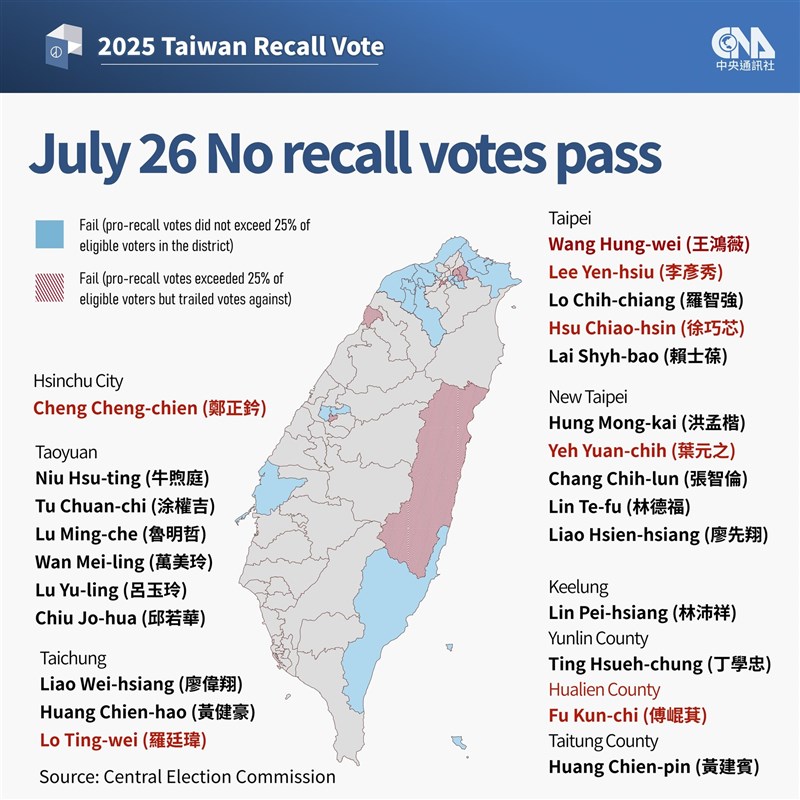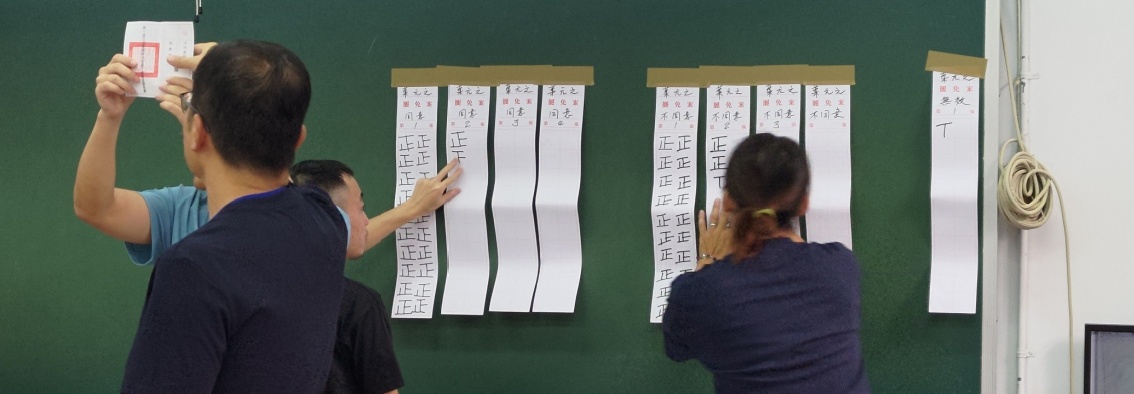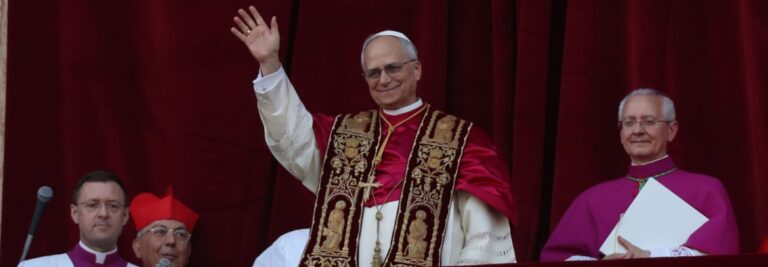On July 26, 24 Kuomintang (KMT, 國民黨) legislators and one Taiwan People’s Party (TPP, 民眾黨) mayor faced recall votes. This high number of recalls was without precedent in Taiwan’s recent political history. Although the number of legislators being recalled was abnormal, the right to recall elected officials in Taiwan is prominently featured in Taiwan’s election law Public Officials Election and Recall Act (POERA, 公職人員選舉罷免法). This article examines the background of recall elections, Taiwanese public opinion heading into the recalls, the results of the recall elections, and how this may shape future political dynamics both in Taiwan and abroad.
Background
The 2024 Taiwanese elections produced a divided government, with the Democratic Progressive Party (DPP, 民進黨) winning the presidential election, and the KMT winning a plurality of seats in the Legislative Yuan (LY, 立法院), Taiwan’s unicameral legislature. Because the KMT did not win a majority of the 113 seats, the party established a governing coalition with the TPP. As soon as the new legislature was seated in early 2024, the KMT/TPP coalition proposed amendments to the Legislative Yuan Exercise of Official Powers Law (立法院職權行使法), in which the LY’s investigative powers were to be strengthened. Under this amendment, government officials could be compelled to testify, provide documents, and face steep penalties for non-compliance. These amendments prompted concerns about the potential shift of power away from the executive branch towards the legislative branch without sufficient oversight.
The proposed changes sparked widespread backlash against the KMT/TPP coalition, particularly among younger Taiwanese who viewed the amendments as a threat to checks and balances amongst the branches of government–and in a broader sense, to Taiwan’s democracy as a whole. This led to the rise of the Bluebird Movement (青鳥行動), a protest movement that led the opposition to these amendments. The KMT/TPP coalition ultimately passed the amendments, but the Constitutional Court subsequently struck them down as unconstitutional. This background, and the civic activism of the Bluebird Movement, set the stage for the July 2025 recall campaigns.
Taiwanese Public Opinion
Public opinion polling indicated that a plurality of Taiwanese leading up to the recall elections did not approve of them (see the table below). Throughout this time period, support for the recall stayed consistent around 40 percent, and this data showed that opposition to the recalls was greater than support in the months leading up to the recall elections. The apparent lack of public support for the recalls could be because some Taiwanese voters saw the widespread use of recalls as a partisan tool rather than a legitimate check on the LY. Taiwan’s politics are already heavily polarized. Given this polling data, it appears that many voters perceived the recall elections not as a defense of Taiwanese democracy, but as a politically motivated effort.
Date | Support Recall | Oppose Recall | Not Voting | Don’t Know | Undecided |
May 2025 | 40.1% | 44.2% | 7.0% | 3.5% | 5.3% |
June 2025 | 39.3% | 48.9% | 4.6% | 3.4% | 3.9% |
July 2025 | 39% | 44.1% | 5.7% | 5.4% | 5.7% |
Table: Public Opinion on the Great Recall (Table source: Taiwanese Public Opinion Foundation [May, June, July])
Results of the Recall Elections
All of the 24 legislative seats that were up for recall on July 26 were held in KMT-leaning districts, which made for an uphill battle by civil society activists. To succeed, the recalls would either need a large number of voters who voted for the KMT in the previous election to change their minds; or else for there to be a dramatic difference in turnout between pro-DPP and pro-KMT voters. The KMT has long been known to have well-organized and influential local patronage networks, in which the party has significant grassroots support through connections between local politicians and businesses. Therefore, this recall effort pitted civil society activists against the KMT’s local mobilization capacity.
In all of the July 26 elections, the recall motions failed: they either failed to achieve the required turnout threshold of 25 percent of eligible voters in the district, or received more “no” than “yes” votes (or both).
 Image: Results of the July 26 recall votes, by district. (Image source: CNA)
Image: Results of the July 26 recall votes, by district. (Image source: CNA)
The Likely Future Course of Taiwan’s Domestic Politics
The outcome of the recall efforts has significant implications for the balance of power in Taiwan’s domestic politics. Although there is another recall election targeting seven KMT legislators on August 23, the main recall effort targeting 24 KMT legislators has been decided, and the August 23 elections will most likely not change the balance of power in the legislature. The result of the July recall elections means that the KMT/TPP coalition will almost certainly look to press its majority in the LY and continue to advance its agenda. This will most likely mean efforts to expand the powers of the LY at the expense of the Executive Yuan (EY, 行政院). For President Lai Ching-te (賴清德), this means that compromise with the KMT/TPP is essential. In order to govern Taiwan effectively, the EY will need to work closely with the KMT and TPP on major policy decisions, such as breaking the deadlock in the Constitutional Court, and resolving conflicts over defense spending and other budgetary legislation.
The recall campaign also revealed limitations in the DPP’s political messaging. Throughout the recall effort, the slogan “反共護台,” which means “oppose communism, defend Taiwan,” was prominently used to promote the idea of resisting Chinese influence and defending Taiwan’s sovereignty. This slogan indicates how the DPP framed the recalls as a China issue. However, that message did not resonate with voters. While these themes remain central to how a majority of Taiwanese see their identity, voters in the 2024 election had already endorsed that position by electing a DPP president, President Lai, while also electing a legislature wherein the opposition party won the most seats. The 2024 election results reflected that Taiwanese voters wanted checks and balances, rather than reflecting disapproval of the DPP’s China policy. With the local elections coming up in 2026, the DPP may want to shift its messaging from cross-Strait issues towards domestic issues such as the economy, energy policy, and housing. In many ways, the DPP has already won the China argument by winning three consecutive presidential elections; the 2026 local elections will be a debate on how the Taiwanese government can deliver on the concerns of its citizens.
Cross-Strait Dynamics
During the last presidential campaign cycle in Taiwan, China repeatedly framed Lai Ching-te as a dangerous “separatist.” This contributed to heightened cross-Strait tensions in the lead-up to the 2024 election, with China warning that Lai’s presidency could bring instability to the region. Despite these concerns, Lai was elected president, marking the third consecutive DPP administration.
Accordingly, results of the recent recalls may contribute to a short-term calming of cross-Strait tensions. With the July recalls having failed to oust any KMT legislators in the LY, and with both the EY and the LY needing to negotiate on key national policies, this may cause China to view Taiwan’s internal political dynamics as a check on Lai’s ability to pursue a more assertive stance on sovereignty issues. Nevertheless, China is unlikely to ease pressure on Taiwan. It will most likely continue its campaign of coercion through diplomatic isolation, military exercises, and political warfare aimed at undermining Taiwan’s international standing and internal cohesion. In this context, cross-Strait relations will remain cold, shaped by a combination of a divided government in Taiwan and Beijing’s strategic calculus.
The main point: The Taiwanese public has spoken: none of the 24 KMT legislators who were up for recall were removed from office. The results suggest that while Taiwan’s civil society remains strong and vibrant, Taiwanese voters did not want to reverse the outcome of the 2024 elections. Instead, the results appear to reflect that the public wants President Lai to work with the opposition controlled Legislative Yuan on pressing domestic issues.





